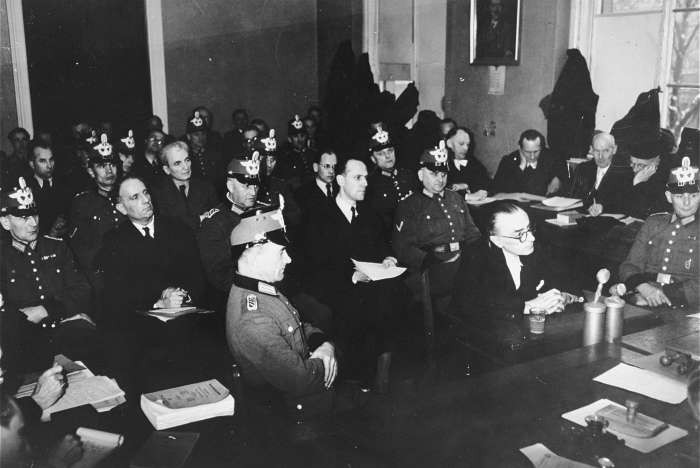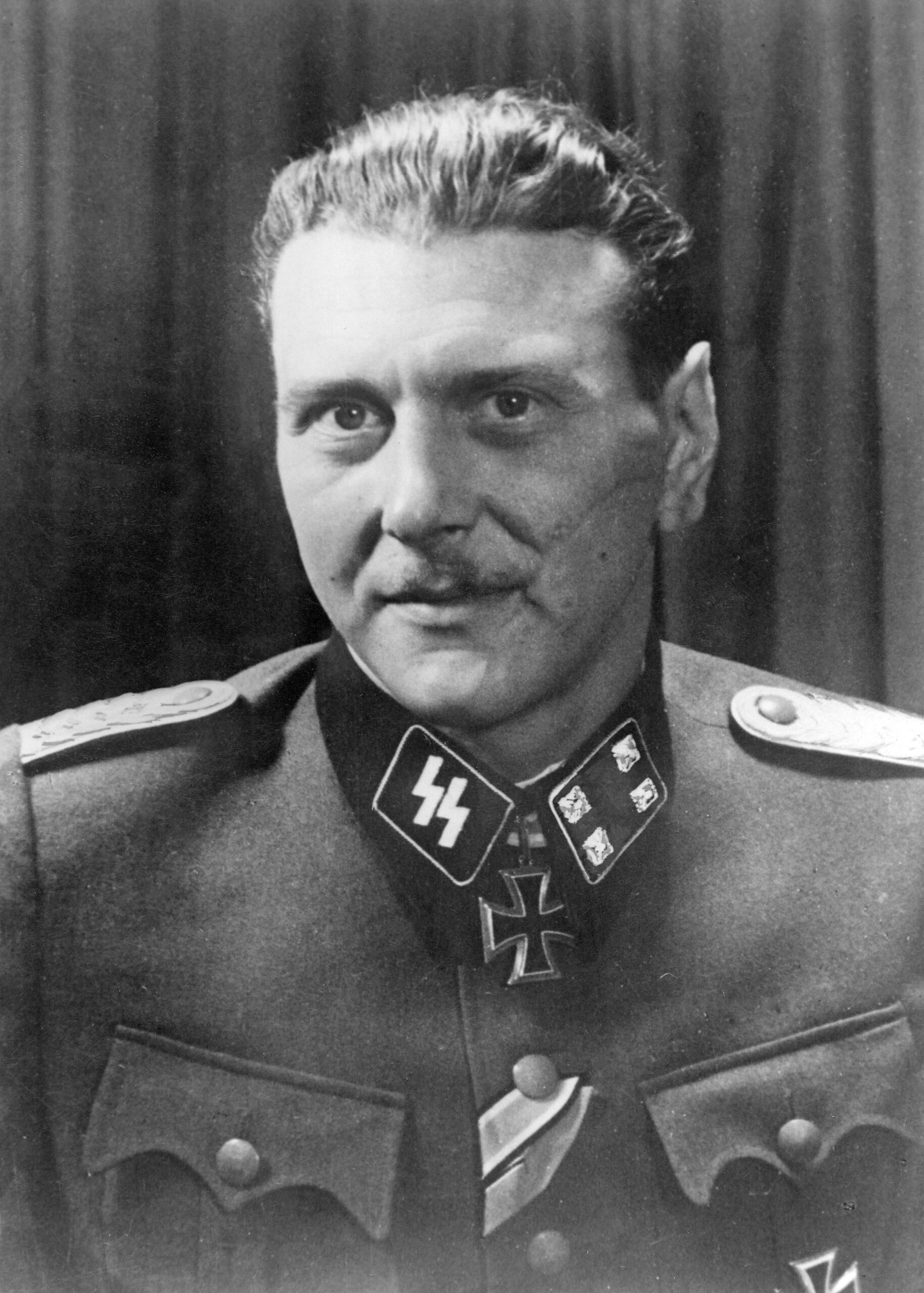The decision by the British authorities to refrain from assassinating Adolf Hitler in 1944 was a contentious issue that generated intense debate among the Allied leaders at the time. The British Special Operations Executive (SOE) proposed an audacious plan to eliminate Hitler using a sniper during his daily walk, but after careful consideration, the British authorities ultimately decided against the idea.
The SOE was a secret intelligence organization that operated behind enemy lines during World War II. Its primary objective was to conduct espionage, sabotage, and reconnaissance operations against the Axis Powers. The operation to assassinate Hitler was one such plan that the SOE devised in 1943, but it took over a year to refine and execute.
The plan involved dropping a sniper team and a group of commandos behind enemy lines to carry out the operation. The sniper team would be deployed along Hitler’s preferred walking route, and the commandos would provide supporting fire and extraction for the sniper team. The operation was planned in detail, including the use of reconnaissance, environment analysis, and communication networks.
The plan was presented to the British authorities in May 1944, over a year after its inception. The proposal stirred passionate debates among the high-ranking military and political officials, who weighed the potential benefits and drawbacks of the operation.
On one hand, the SOE argued that Hitler’s death would significantly boost Allied morale, undermine the Nazi regime’s authority, and eliminate a major obstacle to achieving victory. They also contended that the political vacuum created by Hitler’s demise might offer the Allied forces an opportunity to negotiate favorable terms with the Germans.
On the other hand, the British officials weighed the potential risks and consequences of the operation. One of the primary concerns was the political repercussions that could result from Hitler’s assassination. They were wary that assassinating Hitler might elevate him to martyrdom status, result in widespread retaliation and acts of terrorism, leading to an escalation of violence and instability in the region.
Additionally, British officials believed that Hitler’s incompetence and flawed military tactics were, in fact, advantageous to the Allied cause. They argued that by leaving Hitler in power, the Allied forces could continue to leverage his bungling strategy against the Germans. They believed that replacing Hitler with a competent successor could pose a greater challenge, as they might be more adept at waging war against the Allies.
The British authorities resolved the issue after lengthy discussions and consultations with other Allied leaders. Ultimately, they concluded that conventional tactics such as bombing campaigns, ground offensives, and honest-to-goodness invasions were crucial to defeating Germany and dismantling the Nazi ideology. Moreover, they were convinced that continued combat against Hitler’s administration would result in eventual victory, lessening the risks of major power changes.
The decision not to terminate Hitler was met with intense criticism and disdain by some quarters. Advocates of the operation claimed that the failure to execute it left a substantial gap in the Allies’ strategic planning, a move that would severely jeopardize outright victory.
In conclusion, the decision to refrain from assassinating Hitler in 1944 was a complex decision that required deep political and military analysis. While the plausibility of eliminating Hitler was a tempting option, the British authorities weighed the potential benefits and drawbacks carefully. Ultimately, the decision not to kill him was grounded in political pragmatism, the British authorities’ belief in the efficacy of conventional tactics, and a realistic assessment of the political landscape of the time.



